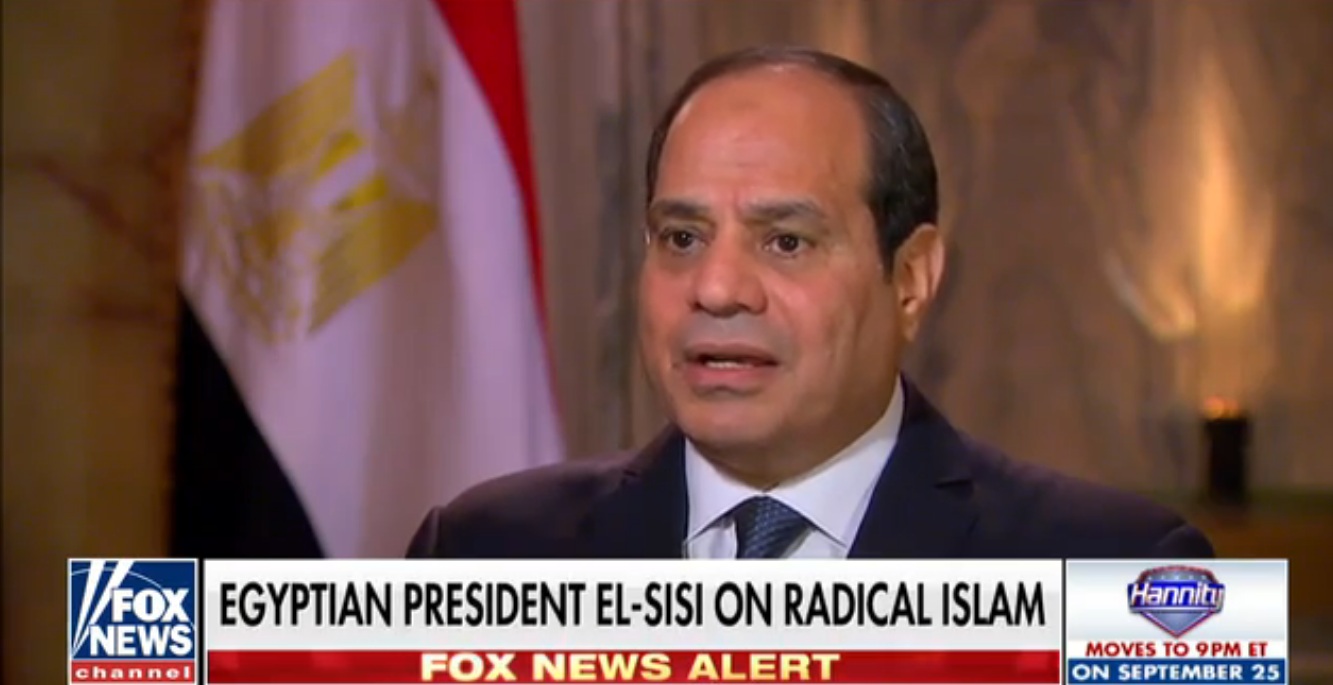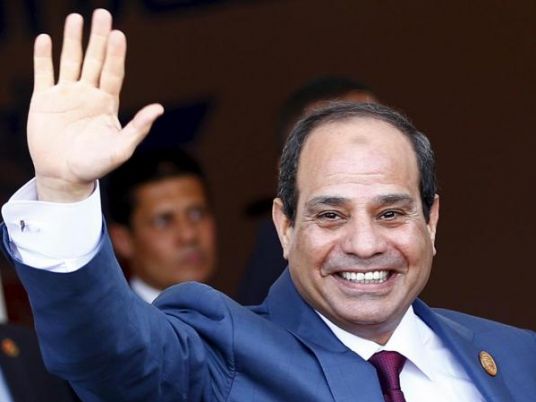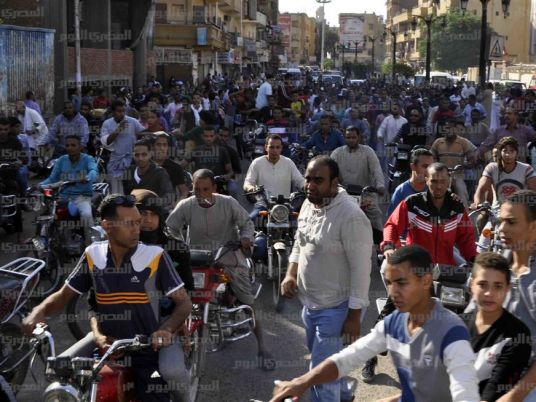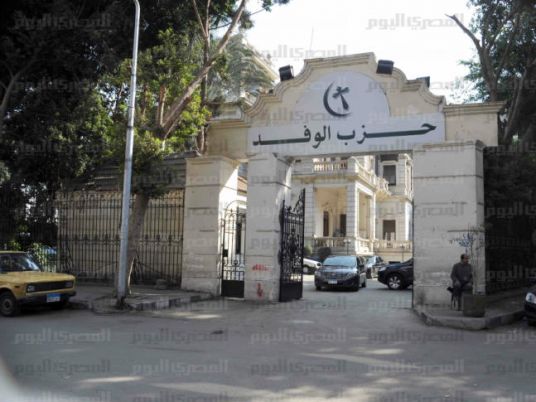Refaat al-Said, chairman of the Tagammu Party, has said his leftist organization is currently revisiting its traditional stance of rejecting the presence of international monitors to supervise Egyptian elections following the recent parliamentary poll which he described as “Egypt’s worst elections ever.”
In an interview with Al-Masry Al-Youm, the 78-year-old party leader said Tagammu will not field a candidate for the 2011 presidential election if guarantees of free and fair elections are not ensured.
Al-Masry Al-Youm: How do you evaluate the current political situation in the aftermath of the parliamentary elections?
Refaat al-Saeed: Those elections were the worst since 1927. Throughout Egypt’s history there have been rigged elections of course, especially during the era of late president Nasser. At that time, rigging elections was justified by the regime’s rationale to contain the local agents of imperialism. But now it’s worse.
Al-Masry: The recently conducted poll, however, was reportedly forged and rigged not only by top-down schemes, but rather with local leaders manipulating the polling process in their respective districts. Do you agree?
Al-Saeed: The main problem is that the whole electoral scene is rigged systematically. The security forces are intervening in favor of the ruling National Democratic Party (NDP) candidates. Members of the local administration affiliated with municipal councils were heavily involved [in rigging]–a practice they think would secure their positions as officials since they are all members of the NDP. All that combined ruins the entire electoral process.
We also have to be objective by not blaming the regime solely for violating the electoral process. Vote-buying is also a disastrous practice. These elections highlighted a phenomenon whereby a person would spend LE20 million to become an MP. Of course he is not wasting his money because he knows that once he is elected, he will reap more money than what he spent. Consequently, the MP will do his best to benefit from being a member in the legislative chamber.
Also, vote-buying has created the need for thugs. A candidate has the money and you need somebody to distribute the money and protect you and intimidate your rivals.
Al-Masry: Given the degree and scope of election irregularities, how do you evaluate the role of the High Elections Commission (HEC)?
Al-Saeed: Unfortunately the HEC was created to be a weak body. The commission had only limited capacity to perform its duties properly. When a candidate reports a case of fraud, the HEC will refer the whole case to the general attorney to investigate and this is a long process during which the polling stations will be closed and the results will be out without having even started the investigation.
What we need is a permanent and impartial HEC that has ability to monitor and stop the fraud, not a provisional commission that is assembled with different composition and jurisdiction prior to each election.
Al-Masry: Will you propose this idea of a permanent electoral commission for next year’s presidential election?
Al-Saeed: The absence of an impartial commission will only mean that the next elections will be even worse. In past elections, the president and his party repeatedly vowed that the election would be free and fair, but what happened in reality was the opposite.
We [the Tagammu Party] previously rejected the presence of international observers, but now we are reviewing that position since we have lost trust in the local mechanisms and the promises made by the NDP.
Al-Masry: Are you particularly concerned about the growing representation of businessmen in parliament?
Al-Saeed: Parliament has turned into an arena for businessmen to benefit from. A businessman enters the assembly as a small businessperson or even a regular citizen and through a wide range of relations with ministers and different state bodies, he becomes a business tycoon.
More and more businessmen are trying to get into parliament. In 2000, 23 percent of parliamentarians were businessmen. In the 2005 parliament, their numbers rose to 27 percent of the total composition, and now some estimates suggest they constitute 35 percent in the new parliament.
Also businessmen have captured key positions in the executive branch. Many influential ministers are businessmen. We are in a system where a group of people dominates the executive and the legislative.
Al-Masry: The Tagammu Party, some argue, is facing a profound crisis because of your decision to continue in the election run-offs and to dismiss boycott calls by some senior party members. How do you see that?
Al-Saeed: The initial decision to run in elections was made by the party’s general committee. As for the run-offs, I consulted members of both the central committee and the political bureau as well as the six candidates who were running in the run-offs and the majority said it's better to continue in the run-offs.
Al-Masry: Will the Tagammu field a candidate in the 2011 presidential election?
Al-Saeed: It’s too early to discuss that. However, if there are not enough guarantees to ensure free and fair elections, there will be no participation.




